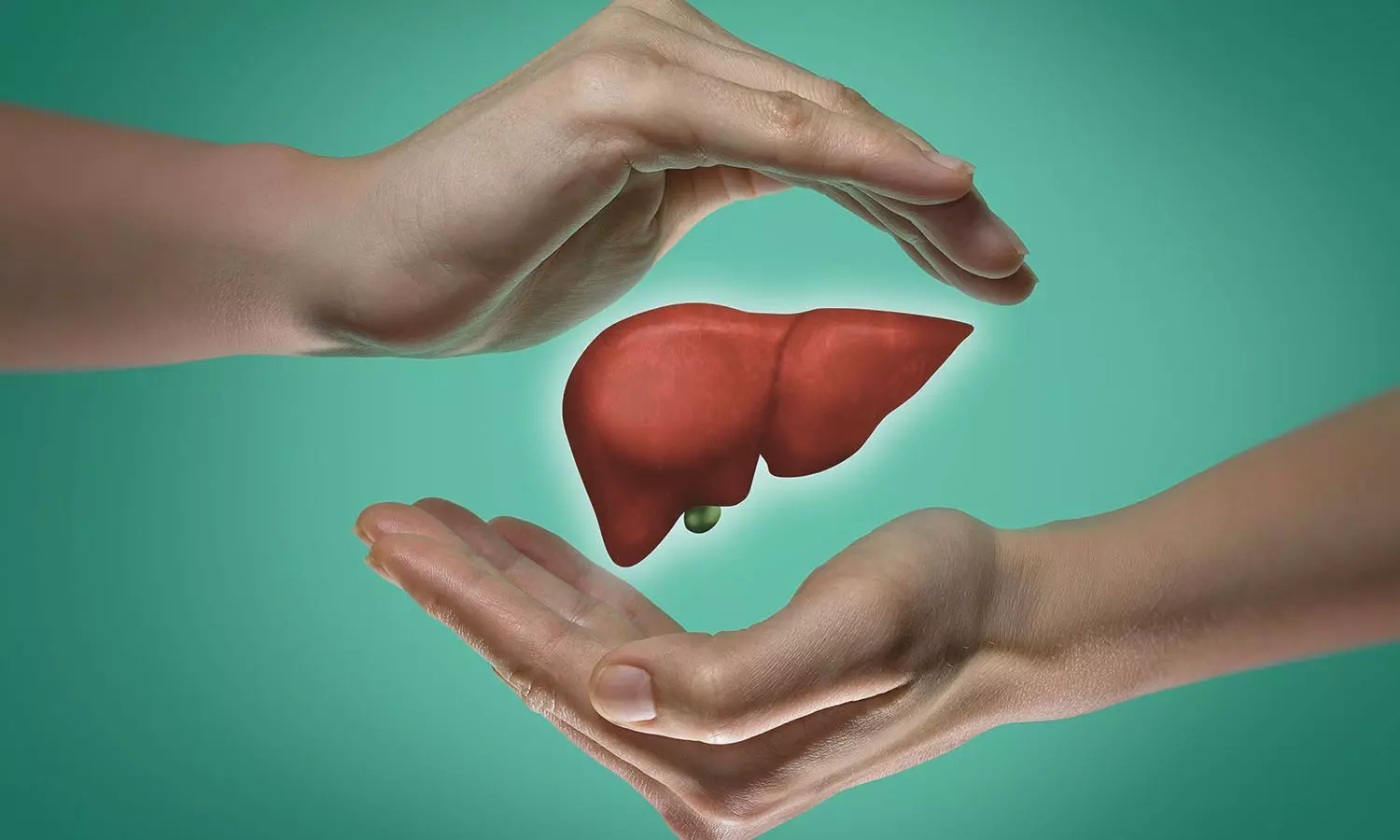Liver Transplants From Medically Assisted Dying Donors Show Comparable Outcomes to Standard Donations: Study
- byDoctor News Daily Team
- 29 October, 2025
- 0 Comments
- 0 Mins

Organ donationfollowing medical assistance in dying (MAiD), also known as euthanasia, is a relatively new practice both in North America and worldwide. A first comparison ofliver transplantationusing organs donated after MAiD in Canada has shown good patient survival with outcomes similar to standard donation after circulatory death. The findings from the new study in the Journal of Hepatology, published by Elsevier, highlight that this practice can help to meet the increasing demand for organs by expanding the donor pool, thereby saving more lives. As of 2025, organ donation following MAiD is legalized in only a few countries, namely Australia, Belgium, Canada, Spain, and the Netherlands. Because it is so recent, there have been very limited data on whether livers donated after MAiD can be utilized with satisfactory outcomes. This study involved the review of 313 liver transplants performed in six Canadian transplant centers with organs procured from donors following circulatory death determination between 2016 and 2023. The study compared outcomes of standard donation after circulatory death (type 3, 257 liver transplants) with donation after circulatory death after MAiD (type 5, 56 liver transplants). The results showed excellent outcomes in both groups and demonstrated similar survival rates between donation after circulatory death between groups. “Our study provides the first large-scale Canadian experience, paralleling previous studies from Belgium and the Netherlands, showing that outcomes are positive, while also demonstrating the real impact that MAiD donation can have on the availability of organs,” says co-lead investigator A.M. James Shapiro, MD, PhD, Canada Research Chair and Director of Liver Transplantation at the University of Alberta, Edmonton, adding, “While not all individuals pursuing MAiD are suitable for donation for various reasons, we hope that our study will allow a better understanding of the potential role of organ donation following MAiD and how impactful it can be for saving lives of many people in their final act of generosity.” Co-lead investigator Alessandro Parente, MD, PhD, Division of Transplantation, Department of Surgery, University of Alberta, Edmonton; Institute of Liver Studies, and King’s College Hospital, London, notes, “People who choose MAiD often face incurable illnesses, and it is a deeply personal and carefully regulated decision. Safeguards are in place to ensure that any choice about organ donation is made freely, without pressure or judgment. Organ donation after MAiD only occurs if the patient independently decides to make this ultimate gift, and this is strictly separated from their end-of-life care decision.” Liver transplantation is a lifesaving procedure for patients affected by end-stageliver disease,acute liver failure,liver cancer, and well-selected genetic liver disorders. The incidence of liver diseases and the indications for liver transplantation are increasing. Thousands of patients are waiting for a transplant, but the number of available organs is far lower than the demand. The findings of this study suggest that donation after MAiD could significantly expand the pool of available livers. This type of donation accounted for an almost 22% increase in donation after circulatory death activity in Canada, which translates to about eight additional livers for transplant each year over a seven-year period. Professor Shapiro points out, “This is not just a number — it means more patients being removed from the waiting list, more lives saved, and better outcomes for people with liver diseases. In addition, other previous studies showed positive results for other organs such as heart, lungs, and kidneys donated after MAiD, highlighting the potential benefits for more life-saving procedures not limited solely to the liver.” Dr. Parente concludes, “For many patients, the opportunity to donate their organs provides comfort in knowing they can leave a meaningful legacy, honor their wish to help others, and give the gift of life even at the end of their own journey. Donation can also bring comfort to families, knowing that their loved one was able to help others in such a meaningful way through this profound act of compassion.” Parente, Alessandro et al., Utilization of liver grafts obtained from donation after medical assistance in dying: A Canadian multicenter experience, Journal of Hepatology, DOI: 10.1016/j.jhep.2025.08.039
Disclaimer: This website is designed for healthcare professionals and serves solely for informational purposes.
The content provided should not be interpreted as medical advice, diagnosis, treatment recommendations, prescriptions, or endorsements of specific medical practices. It is not a replacement for professional medical consultation or the expertise of a licensed healthcare provider.
Given the ever-evolving nature of medical science, we strive to keep our information accurate and up to date. However, we do not guarantee the completeness or accuracy of the content.
If you come across any inconsistencies, please reach out to us at
admin@doctornewsdaily.com.
We do not support or endorse medical opinions, treatments, or recommendations that contradict the advice of qualified healthcare professionals.
By using this website, you agree to our
Terms of Use,
Privacy Policy, and
Advertisement Policy.
For further details, please review our
Full Disclaimer.
Recent News
Breaking News: Delhi HC Stays FSSAI Order On ORS L...
- 29 October, 2025
MP FDA Moves Rs 320-Crore Proposal to CDSCO, FSSAI...
- 29 October, 2025
Maha: Rs 14-Crore Mephedrone Unit Busted Near Poli...
- 29 October, 2025
Pulse Pharma Gets CDSCO Panel Nod to Manufacture,...
- 29 October, 2025
Daily Newsletter
Get all the top stories from Blogs to keep track.


0 Comments
Post a comment
No comments yet. Be the first to comment!